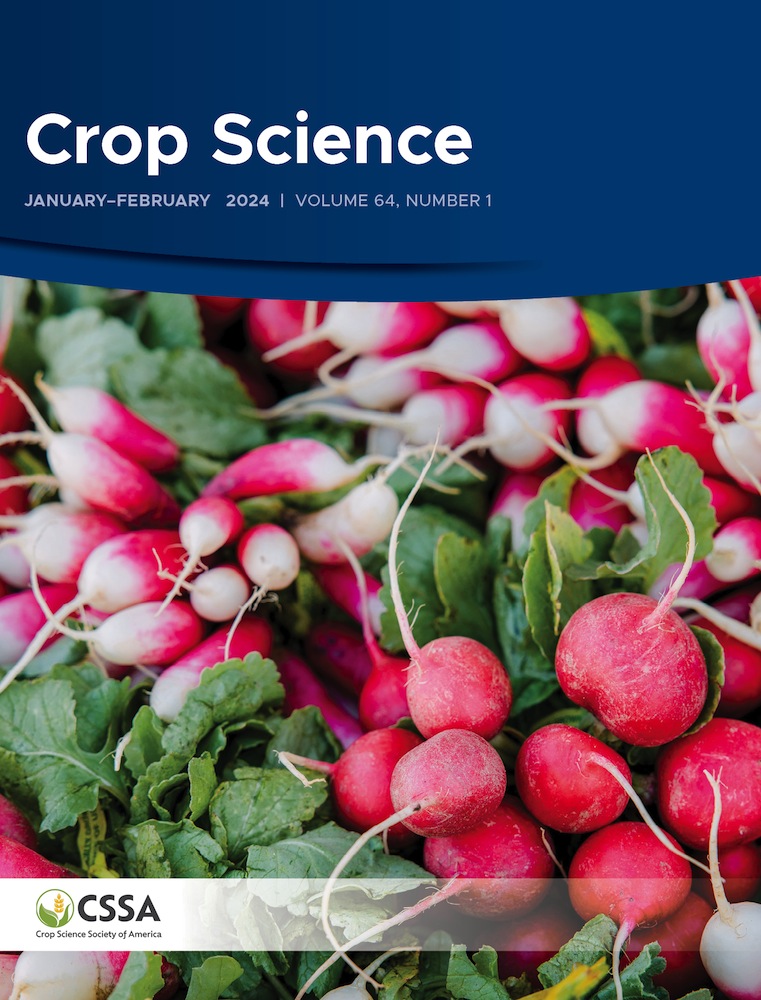To improve sweetpotato (Ipomoea batatas L.) productivity, several improved high-yielding varieties have been developed by breeders. However, many farmers still grow low-yielding landraces. Farmers choose varieties to grow based on their preference for the attributes of those varieties. Varietal preferences have been shown to differ between males and females. This study assessed farmer preferences for sweetpotato traits and the factors that drive the choice of most preferred traits. It used a uniquely large data set collected through personal interviews with male and female sweetpotato growers. The study employed multinomial probit regression to examine the drivers of trait preference. It finds a higher preference for production-oriented traits among farmers in general and especially older ones. This is, however, lower among more educated farmers who mainly prefer risk-averting traits, and those growing local varieties who mainly prefer quality traits. Hence, alongside production-oriented traits, other traits critical for the acceptance of new varieties by farmers in their respective contexts should not be ignored.
Gender-differentiated preference for sweetpotato traits and their drivers among smallholder farmers: Implications for breeding
Citation: Namirimu, J.; Okello, J J.; Kizito, A.M.; Ssekiboobo, A. 2024. Gender‐differentiated preference for sweetpotato traits and their drivers among smallholder farmers: Implications for breeding. Crop Science. ISSN 1435-0653. https://doi.org/10.1002/csc2.21190
2024-02-22
GENDER, SWEETPOTATO AGRI-FOOD SYSTEMS, SWEETPOTATOES
journal_article

